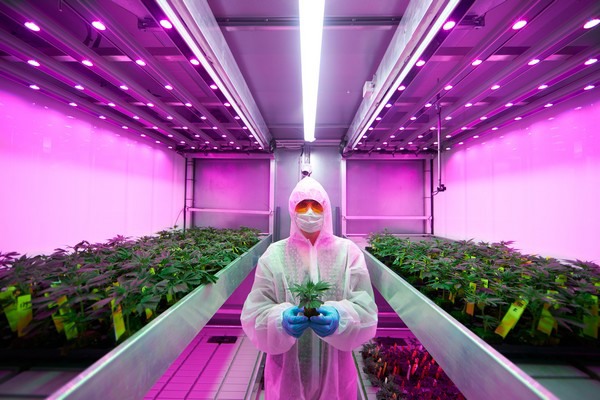And thus, we get to the end of this special article series. We are then 'ending the show' with Dutch-centered opinions, coming from Niek Abbingh with Cannabis-drying.com, and Eric Uleman with CannNext.
Cannabis-drying.com
One of the most important aspects of cannabis cultivation is the drying and curing process. Over time, the cannabis industry has become increasingly aware of the critical role that such a phase plays in the overall quality of flowers.
“At the beginning of the industry, a number of growers tended to overlook this last crucial part of the growing process,” says Niek Abbingh with Cannabis-drying.com.

“But as the industry matured, an increasing number of growers have started giving more importance to this step – also because more expert consultants have been involved. Thus, don’t forget about the drying!”
CannNext
“We are seeing an unstoppable global movement for the recognition of the cannabis industry,” says Eric Uleman, managing director of CannNext, a Dutch company that has a research cultivation permit issued by the Dutch government. “Globally, what is very important is the recent approval by the US House of Representative of the SAFE Banking bill, that will open up the industry even more once US growers will finally be able to work with financial institutions with no repercussions.”

The Netherlands has been carrying out what is called the ‘closed cannabis supply chain experiment’, which has experienced some hiccups, recently. “Delays for the cannabis experiment were expected,” Eric observes. “But other than that, I think they should reconsider the regulatory framework they are using. Other countries have proven that you can open the market in a controlled manner on a large scale. The states in the US, or Canada, didn’t do an experiment, but they went full ahead with opening the market. There have been some issues with that as well, but we can learn from those mistakes, and come up with something that actually addresses the known issues.”
“I am saying this because Dutch growers have always been the global experts in standardizing crop production with consistent and efficient results. This, indeed, is what we at CannNext have been focusing on with our research.”
